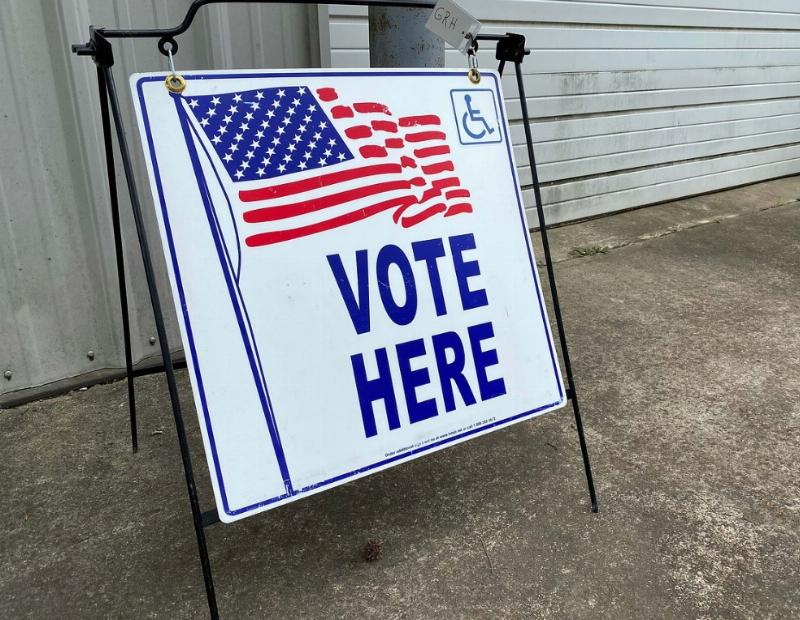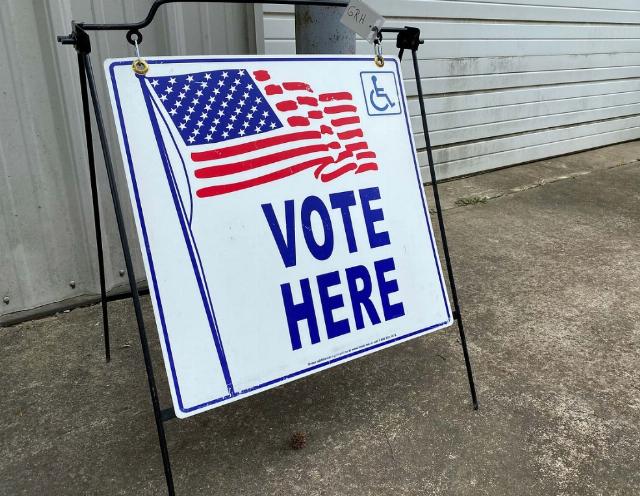


Have we gone too far in our efforts to preserve the secrecy of ballots?
With the liberalization of the rules for mail-in ballots for the 2020 election, mail-in ballots accounted for 43% of all votes nationwide. Thirty-six states (including Washington, D.C.) continue to allow this practice for any reason, and 14 states allow mail-in ballots under circumstances that have varying levels of scrutiny.
George Terwilliger III, the former deputy attorney general under George Bush, Sr., noted recently in a Wall Street Journal interview that these ballots make fraud easy.
Under the mail-in ballot process, a ballot arrives at the election office in an envelope signed by the voter. Inside is another sealed envelope containing the actual ballot. Terwilliger notes that “some clerk sits there and looks at the signature and looks at the computer screen and goes, ‘Oh, okay, that matches,’ and boom, they get separated, and this ballot goes into a pile to be counted.” Once a ballot is separated from the envelope, it cannot be traced to a voter.
We can hope the signature verification process is unbiased and thorough, but the process is run by human beings, which means any hope would not be well founded. Under the current mail-in ballot process, if fraud arises as an issue, there is no way to identify the fake ballots. Those ballots have become decoupled from any identification and have become commingled with legitimate ballots.
That this process substantially increases the risk of fraud is not seriously disputed. Like in all things fraud-related, most voter fraud goes undetected. Notwithstanding, there have been numerous recent examples of mail-in ballot fraud. The Heritage Foundation maintains a database of fraud cases. In a quick search of cases raised involving all types of absentee ballot fraud since 2020, the site lists approximately 1,600.
The 2005 Commission on Federal Election Reform, co-chaired by Jimmy Carter, concluded, “Absentee ballots remain the largest source of potential voter fraud.” But Terwilliger noted that fraud was not unique to mail-in ballots. He cited one case of people being paid to vote and being bused around from precinct to precinct for that purpose.
The obvious solution to these voter fraud issues is the establishment of verification procedures that can be used in the event of a legitimate allegation of fraud. This would require maintaining ballot images for a certain period of time and maintaining basic voter identification that corresponds to the ballot image.
The solution raises a potential privacy issue. But is privacy really compromised? And if it is compromised on the margins, isn’t that worth the substantial increase in election integrity?
Arguably, a system that maintains voter verification information does not compromise privacy at all. The ballot and corresponding verification information would be held in confidence by the same state-managed election offices legally tasked with maintaining that confidentiality under current rules. These election offices are already privy to the ballot and corresponding identification information when that information is received and processed. The law prohibits them from disclosing or saving this information. If we trust their non-disclosure of information received in the first instance, how much more trust is required in their ability to maintain confidentiality during any legally mandated challenge period?
But all of this raises another important issue: Why is election privacy necessary at all? This issue falls into the category of things we have done for so long that we no longer even question why it was important in the first place. For example, the Roman Republic (which began in 509 B.C.) did not have privacy in elections until voter privacy laws were introduced from 137 B.C. (the Lex Ganinia Tabellaria, which required secret ballots for magistrates) to 119 B.C. (the Lex Maria Tabellaria, which increased privacy for legislative elections). It is interesting to note that these laws immediately preceded the civil wars that ended the republic.
The United States first required privacy in elections through a nationwide mandate in 1892. Prior to this, voting was public, with choices often declared aloud. Massachusetts was the first to enact a secret ballot law in 1888, with a majority of states following by 1892.
Those in favor of voter privacy argue that the laws protect voters against coercion, intimidation, and retaliation. These are plainly legitimate concerns. That said, both the Roman Republic and the U.S. Republic experienced their greatest periods of growth and prosperity during periods when elections were not private.
Notwithstanding the arguments in favor of public elections, no one is making that argument. Instead, the argument here is in favor of a balanced approach. The relevant question is how the United States can maintain the privacy it is accustomed to while also substantially increasing integrity. This is the question that must be answered.
Millions of Republicans raised legitimate concerns over the integrity of the 2020 election, and it resulted in tumultuous demonstrations at the Capitol on January 6, 2021, all of which could have been avoided. The solution seems clear: If mail-in ballot laws are to be preserved, then those laws should require a verification process allowing a person to confirm that each ballot corresponds to a legitimate voter. This should be a minimum requirement.
If even greater steps are required to shore up integrity issues, then perhaps we need a more robust discussion of the issue of privacy generally. If we assume that privacy is the goal (privacy for privacy’s sake), then we will be lulled into adopting any absurd rule regardless of the impact on election integrity. If, on the other hand, we understand that fair elections are the goal, we can arrive at a more balanced approach.

Image: cagdesign via Pixabay, Pixabay License.
